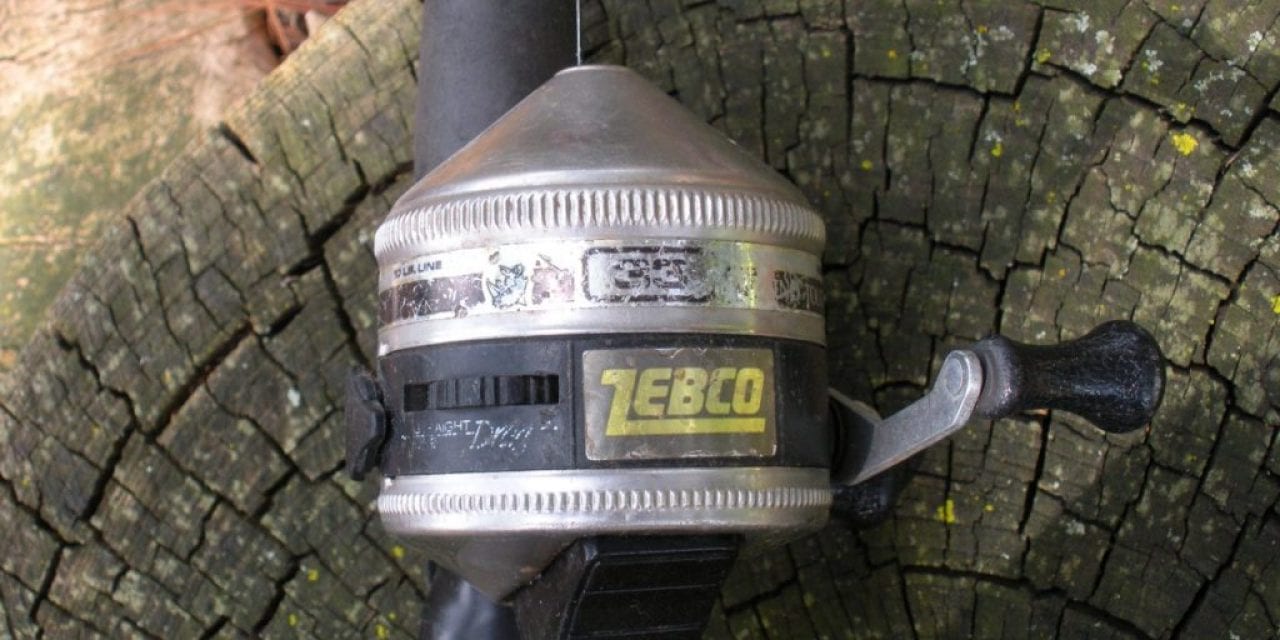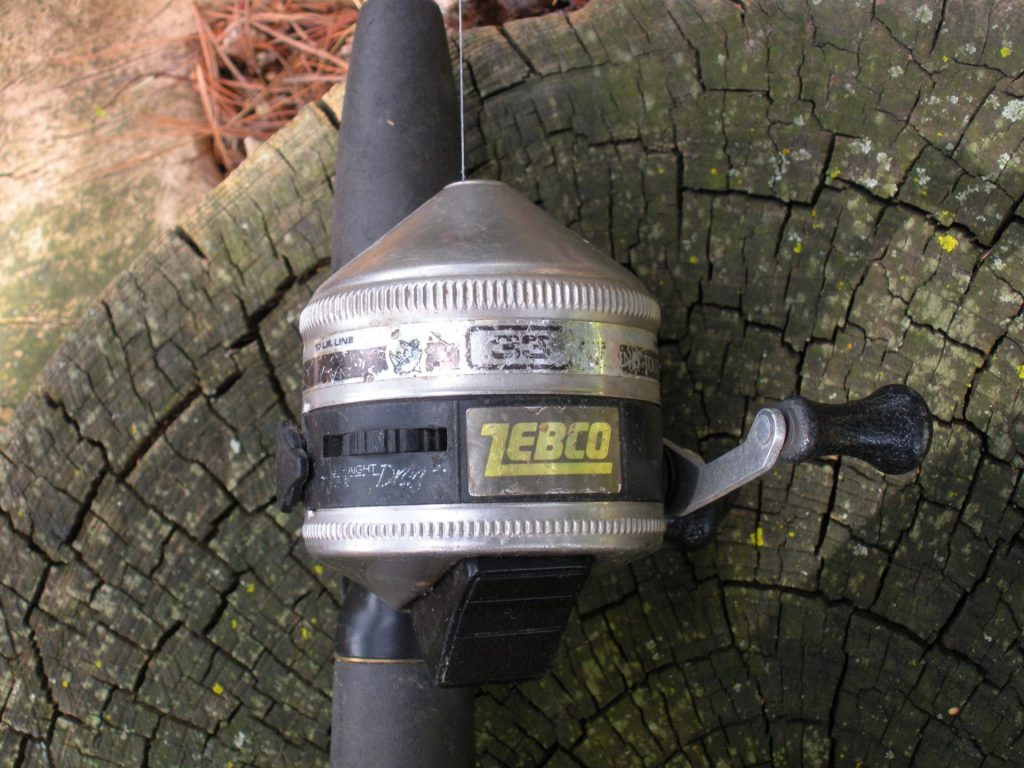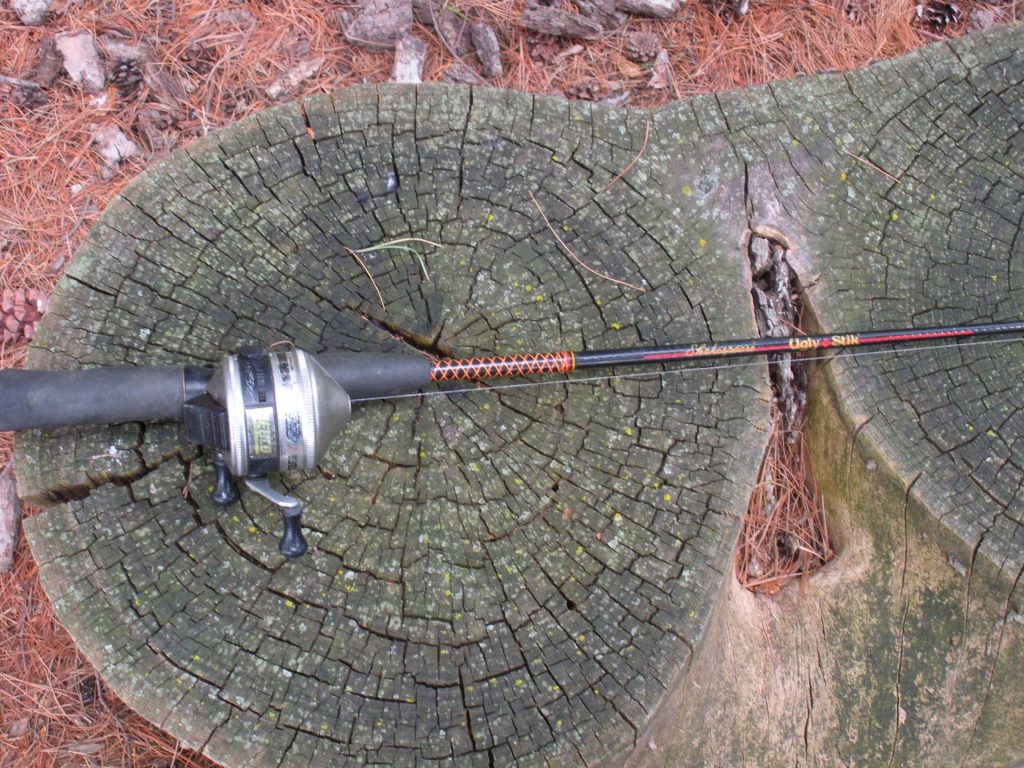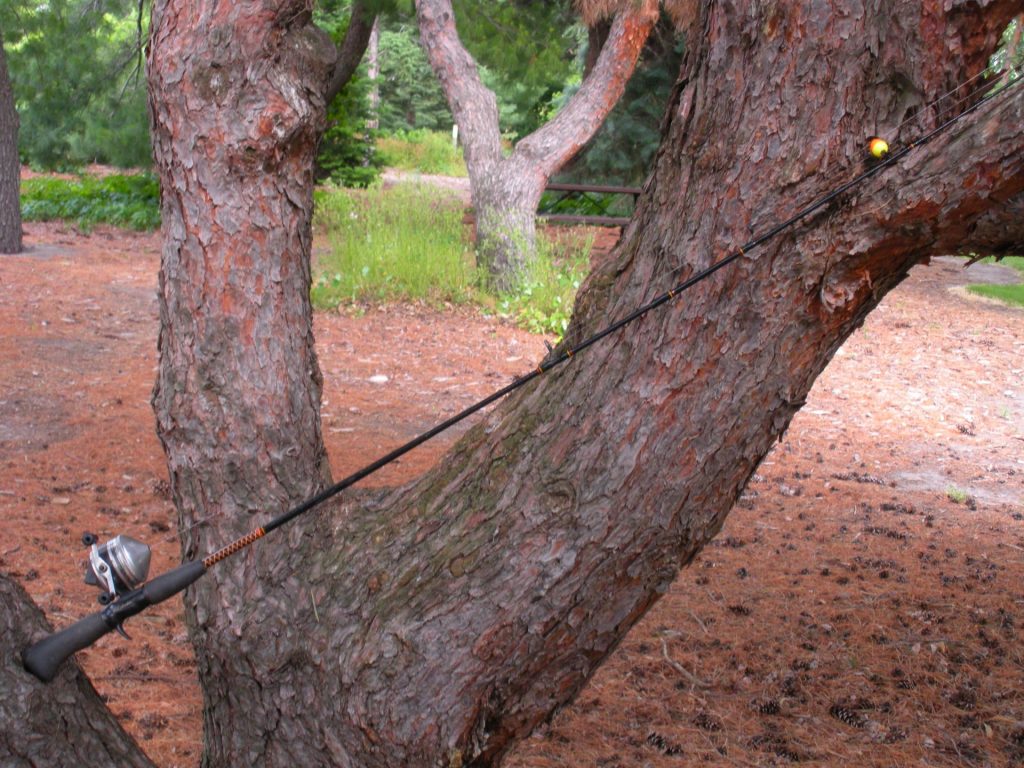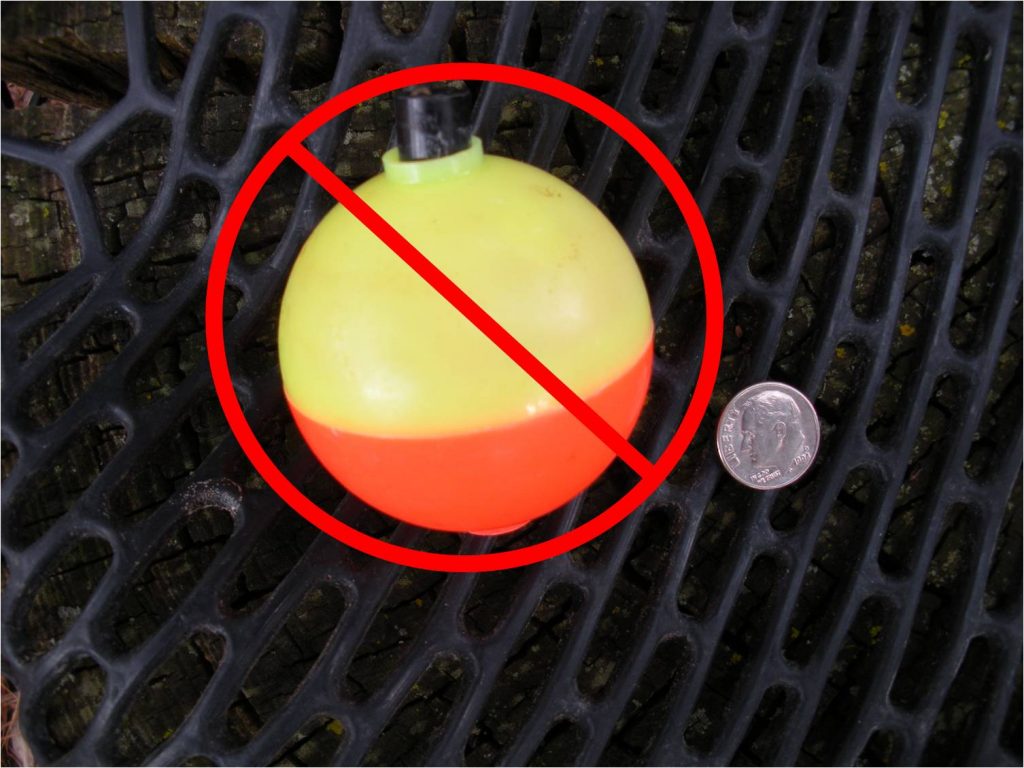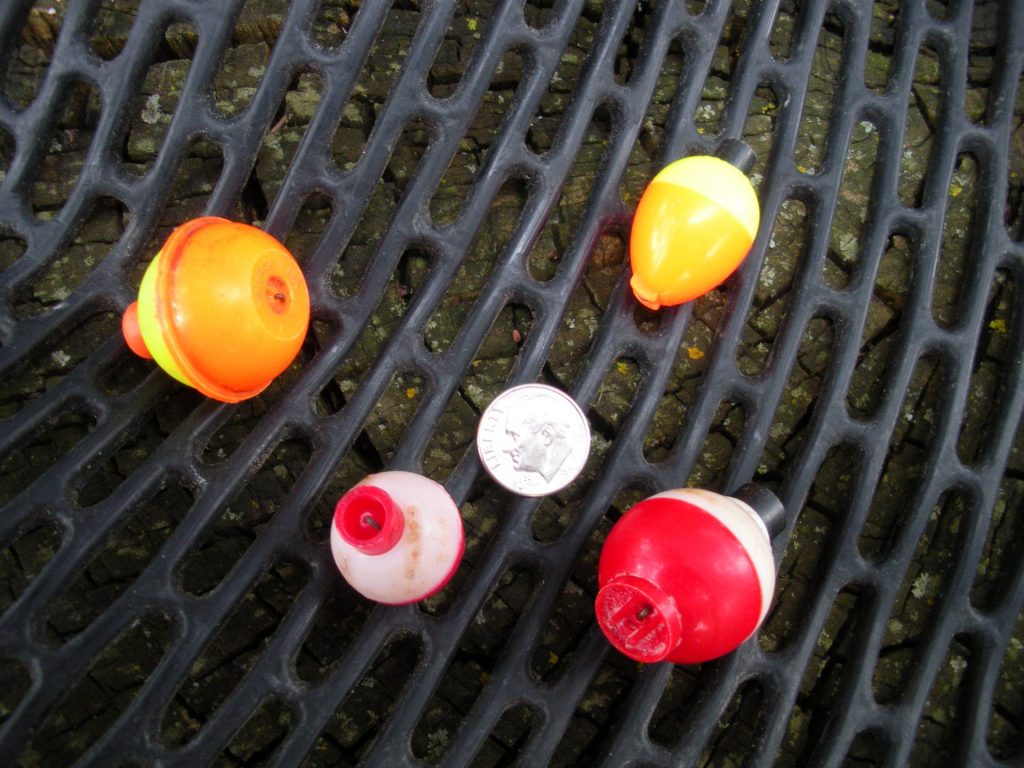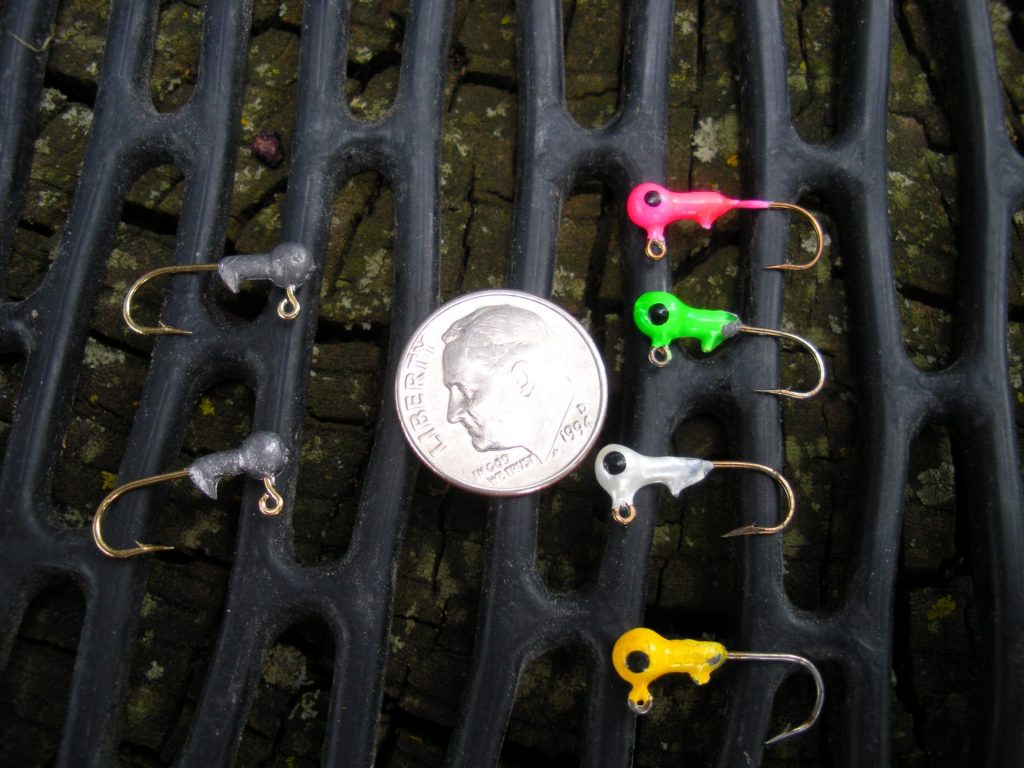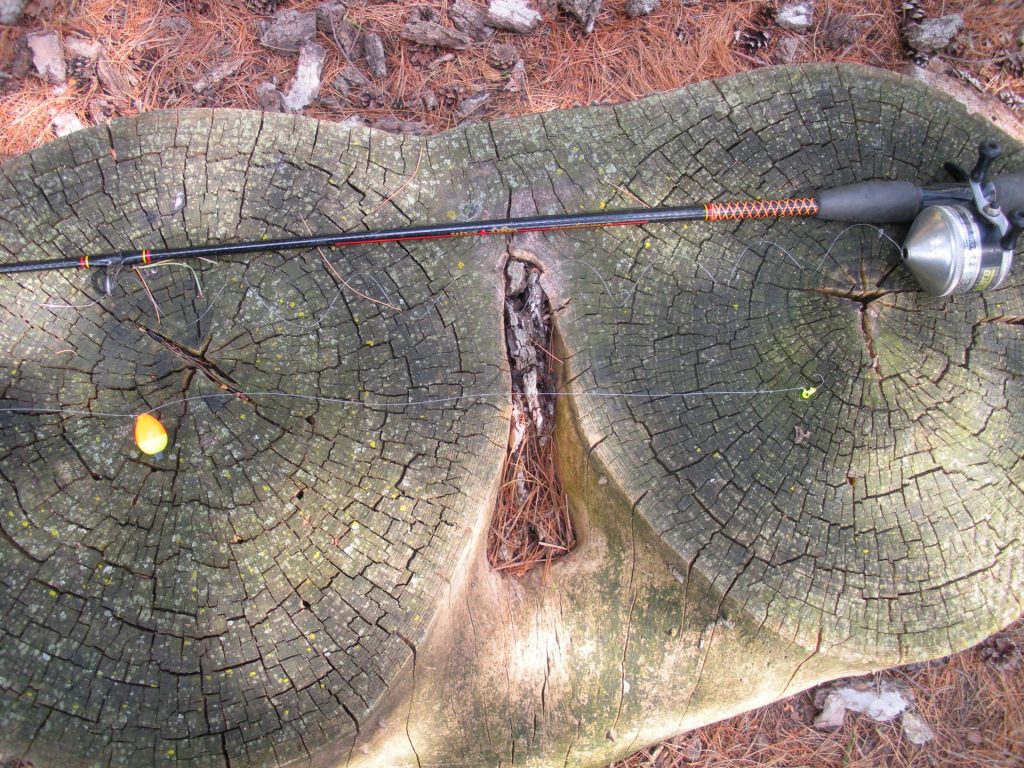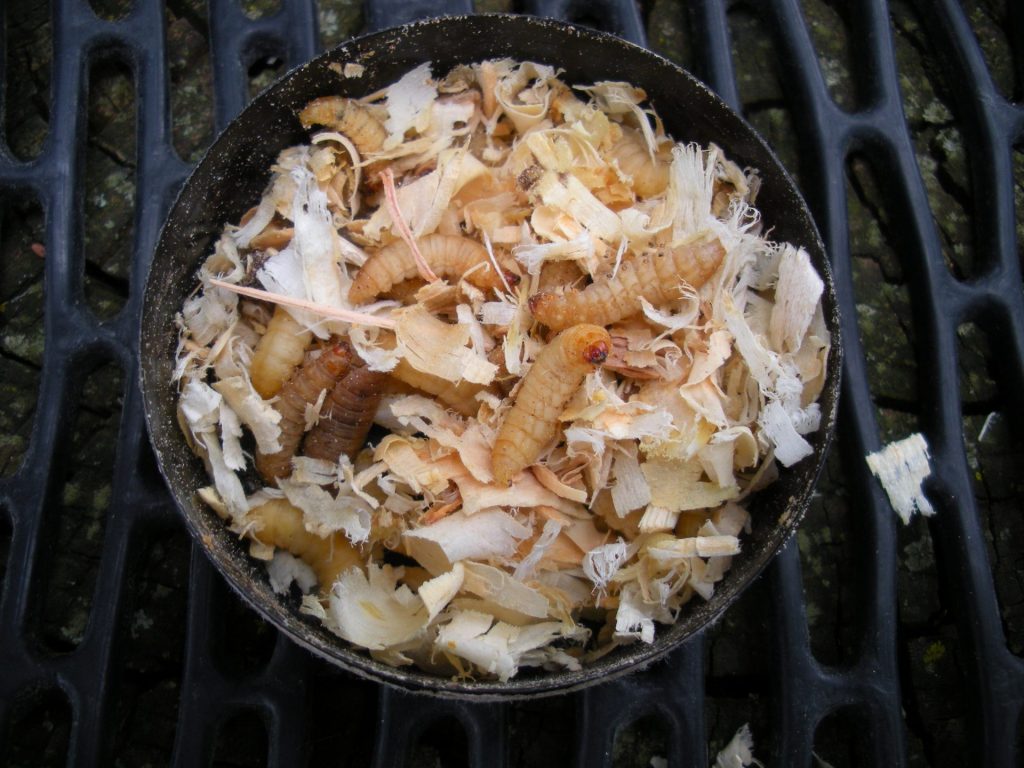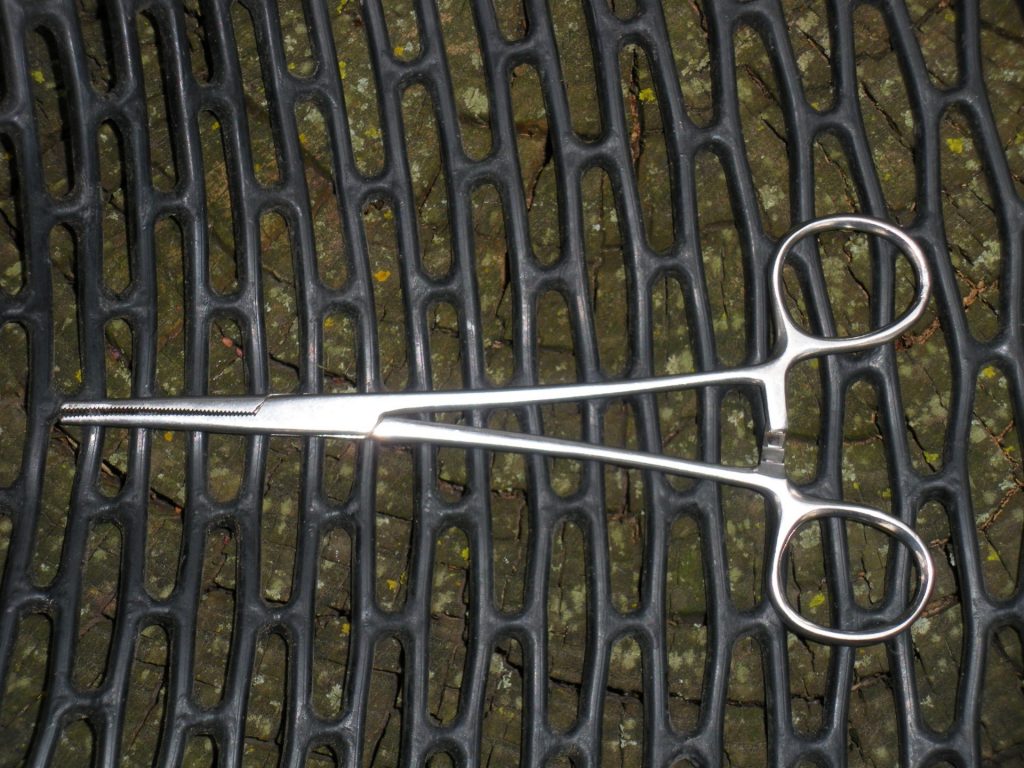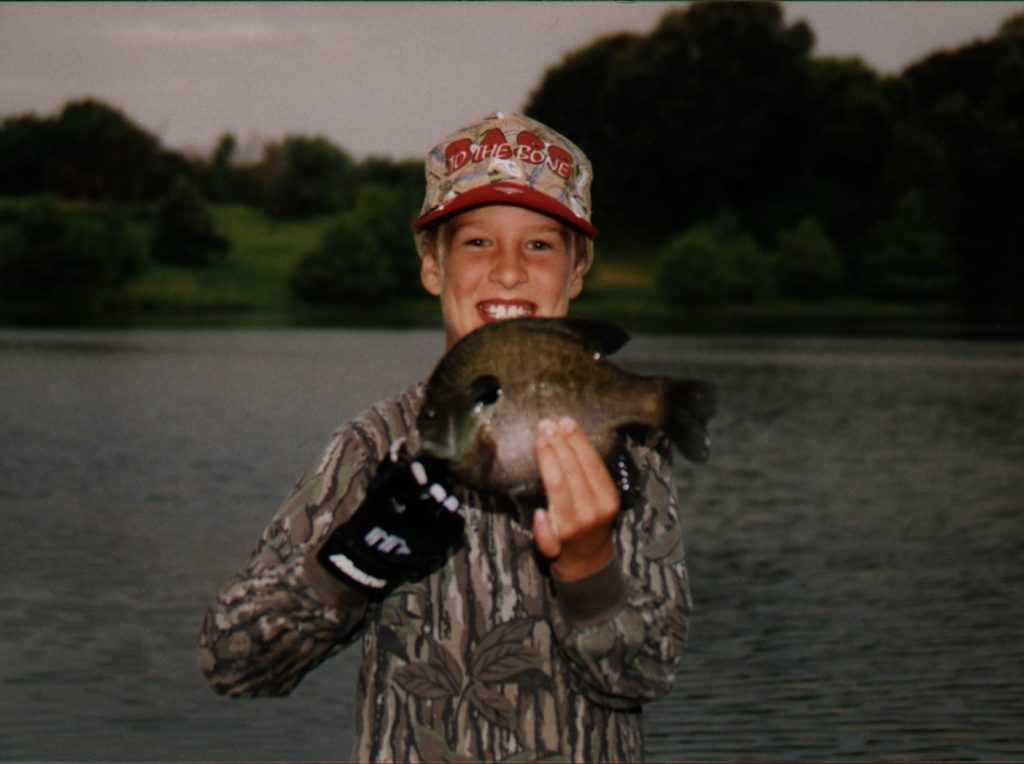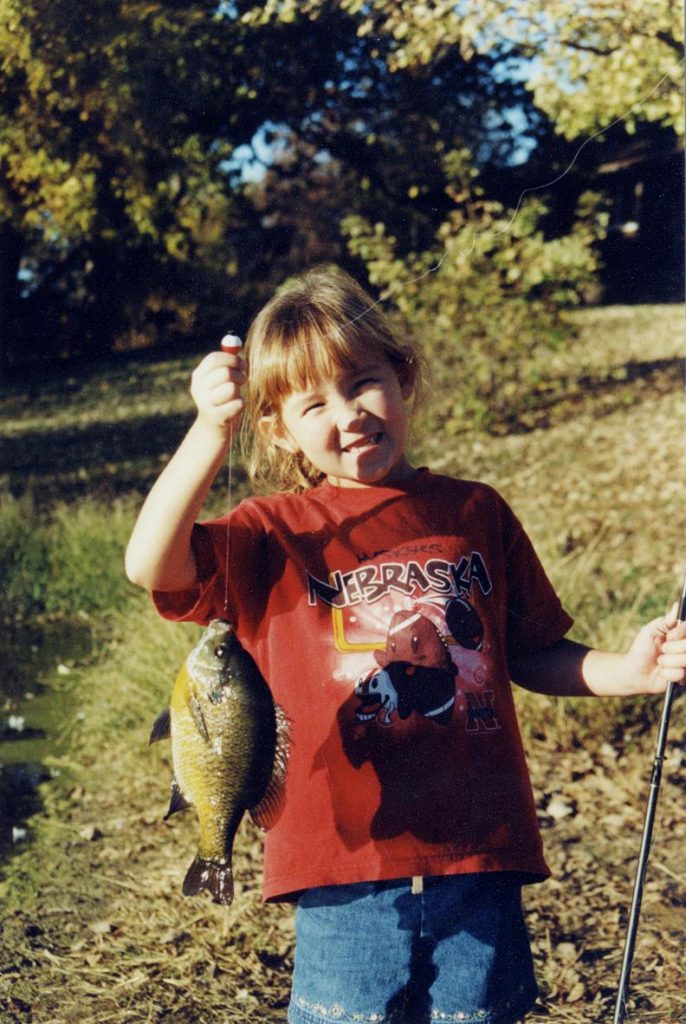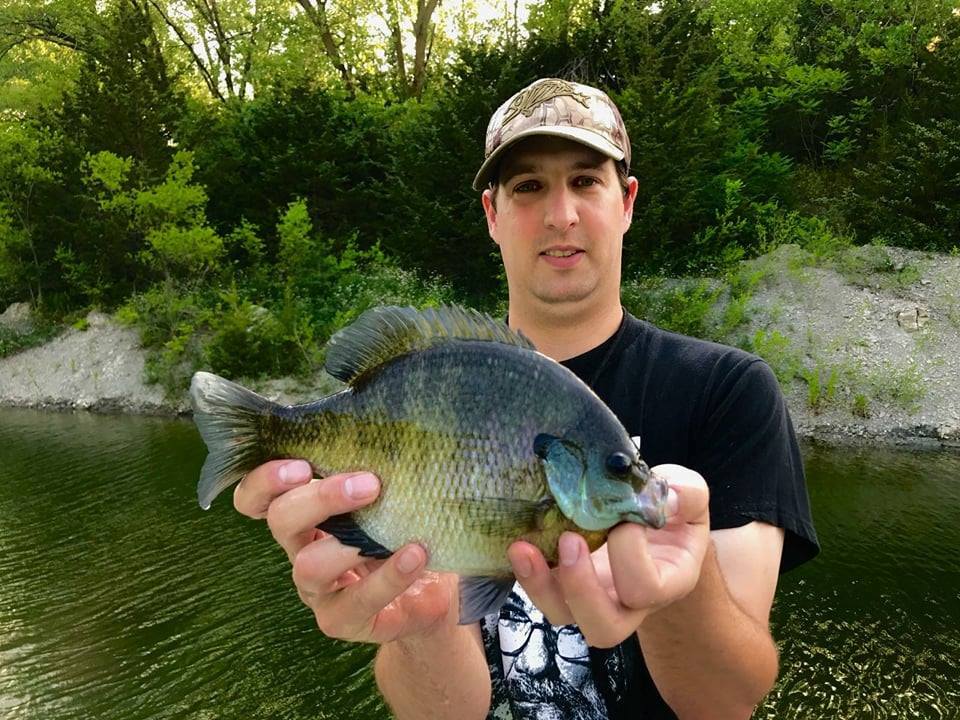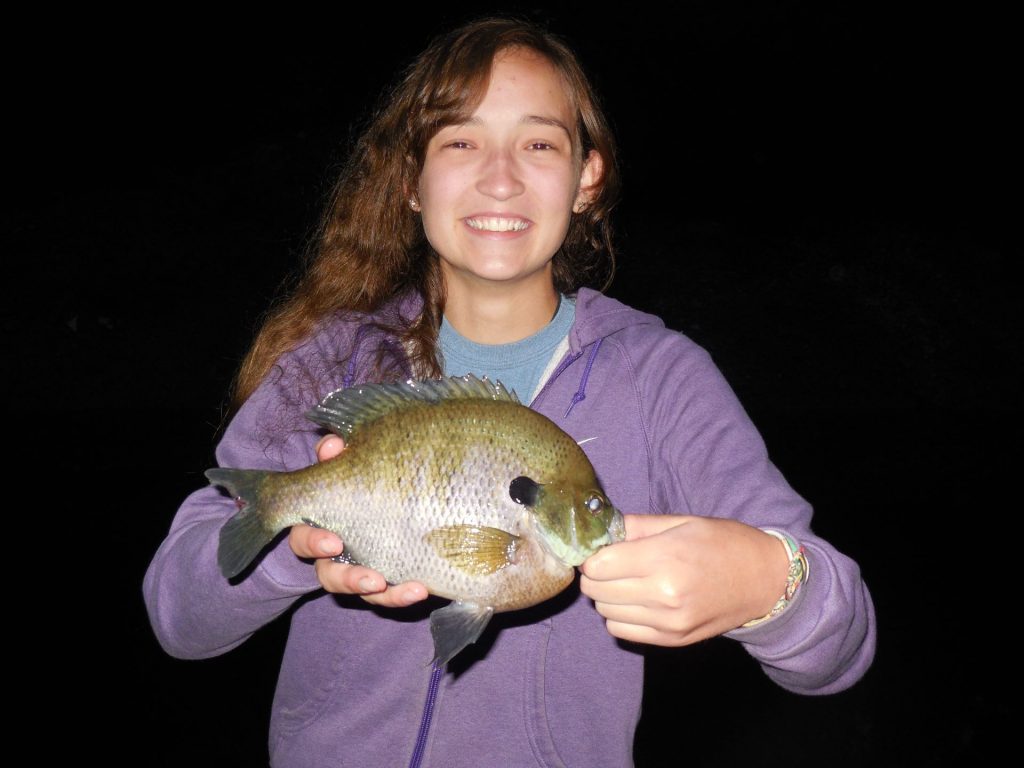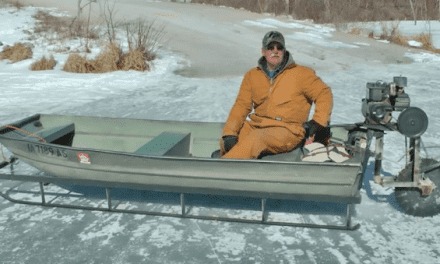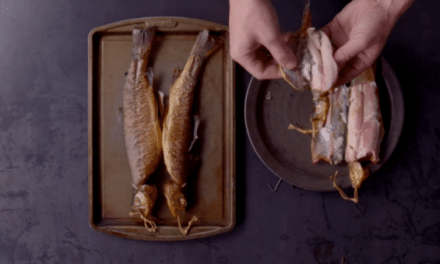I am going to re-post a blog that I did several years back. This blog has been a good one to reference over the years, but with web page changes and so forth I can no longer do that. So, I am just going to post it again. Perhaps you and the kids have some time to practice some social distancing right now. . . .
If you fish, you need to find someone new, find a kid, take ’em fishing. Get ’em hooked! The time spent together in the outdoors is reward enough, but let’s face it, it is even more fun and memorable if fish are caught. The best strategy for getting some beginners or kids catching fish is certainly to keep it simple. Here is what I would recommend, here is what my kids, nieces and nephews started with when fishing with me. As I recall, we caught a darned lot of fish over the years doing this. Still do.
Rod and Reel
It is hard to beat a good old-fashioned “push-button” spincast rod and reel combo for a beginning angler. You know what I am talking about, that old Zebco reel and a matching rod. Like this old Zebco 33.
I have matched that reel with an Ugly Stik rod.
The rod is a 5 1/2-footer, I would go as long as 6 feet for a beginner outfit.
Let me make a few comments about the rod & reel combination. I have thrown around some brand names here. I am not endorsing any particular product nor am I sponsored by any manufacturer. However, I do want to tell you what has worked for me. The old Zebco spincast reels have been around forever. They are relatively simple, inexpensive, and are dependable. That reel has been used a lot and it still works with no problem. Zebco is one good brand of spincast reel, but there are others.
Likewise, there is nothing special about the Ugly Stik rod; that is one of many good brands. Ugly Stiks are reasonably-priced and darned near indestructible, just like they advertise. They make good starter rods. Oh, and the Ugly Stiks can be much more than good sticks for beginners. I have one that I have owned since high school, which was a long, long time ago, and I still use it!
The key to the rod & reel combo is to have the right size reel matched with the rod. What is the right size reel? Depends on the line being used. Six or 8-pound test monofilament line is a good all-around line for a lot of Nebraska fishing situations. It is an excellent line for a starter outfit. There are a number of quality, name-brand monofilament lines on the market. Pick your favorite. I lean towards the Stren products myself, but have been fishing a lot of Suffix recently. The Zebco 33 handles 6- or 8-pound test line very well, and the rod matches that reel.
If you are unsure about matching rods and reels, the easiest thing is to walk into the Fishing Department of your local sporting goods store and purchase a combo. You can find good quality, name brand, spincast reels sold on the appropriate rods, usually already spooled with 6- or 8-pound test monofilament line.
I would tell you to shy away from the Pretty Princess or Spiderman rod and reel combos. They are a little bit too cheap and will not last. Besides, what kid will want to be using a Princess or Sponge Bob rod and reel combo when they reach the teenage years? Spend a little extra, buy ’em some quality stuff to begin with, it will last a lot longer. It will pay off in the long run. But, if it takes a Princess or Bat Man rod and reel combo to get them out there the first time, well, by all means buy ’em a Princess or Bat Man combo!
Floats (Or if you must, Bobbers)
Come close so you can hear this without me having to say it too loud. If you want some “secret” fishing tips, I am about to give them to you. First of all, if you want the kids to catch fish, take all of your big bobbers and toss ’em.
If you want kids to catch fish, take ’em where there are a bunch of bluegills to catch. Fortunately, there are waters all across Nebraska where there are bluegills or other panfish. No matter where you live, you probably are not far from one of those fishing spots. The kids do not care how big the fish are, at least to begin. They can work up to bigger fish when they get older.
Those fish are not large and one of the most common mistakes I see beginning anglers make is using bobbers that are way too stinkin’ big! I have seen a lot of folks using bobbers that were so big they could not even tell they had a bite; even big bluegills were not going to move that big ole bobber when they bit. Some of you think you need the beachball bobber in order to have enough weight to cast. “Baloney”. With quality 6- or 8-pound test monofilament line spooled on a good reel, you can cast as far as you need without having a big bobber. In fact, most of the time those bluegills and other panfish are closer to shore than they are the middle of the “lake”.
Here are the size of bobbers I would recommend.
Nope, those are not big, not very big at all. In fact I have a variety of sizes of small floats because I want to use one that is just large enough to float my bait.
Terminal Tackle
Here is another “secret” tip on baits. You do not need a bunch of hooks, nor do you need any split shot weights to put on the line. Nope, I would recommend you purchase a bunch of 1/32 or 1/64 oz. jig heads.
You can use painted or unpainted jig heads, the fish do not care. Sometimes a little flash of color might attract more bites, especially in water with some stain or murkiness. If you purchase jig heads that have already been painted, the kids can pick out their favorite colors. Looking for a craft project for staying at home? Purchase a bunch of unpainted heads and a variety of Powder Paints and then make your own painted jig heads. Or just get some white Powder Paint for a base coat and then experiment with a rainbow of fingernail polish colors. Yes, I have frequented various women’s establishments in order to purchase a variety of colors of fingernail polish, so what?
Tie one of those small jig heads on your line. Pick out the appropriate size float or bobber and attach it a couple of feet above the jig head.
Start with the float or bobber positioned a couple of feet above the jig head. Floats or bobbers are used for depth control, fishing baits at a certain depth, and for detecting bites. With small floats, bites are a lot easier to detect and beginners will catch a lot more fish. If you are not catching fish with the depth set at 2 feet, then experiment with other depths. I have caught fish using small jig heads set only inches underneath the bobber, and I have caught fish on jig heads set several feet below the bobber, as far below the bobber as you can effectively cast. Be observant. Let the fish tell you what they want.
Bait
Now the only thing you need to do is put a little bit of bait on the hook of the jig head. Bluegills and other panfish, even large bluegills and large panfish, typically eat relatively small prey items. You do not need a big bait; a small jig head tipped with just a little bait is an excellent imitation of small fry or aquatic insects and even small bluegills can suck that bait right in their mouth.
If you want to use nightcrawlers, just pinch off an inch or two and put it on the jig head. Some plain ole “garden worms” or sometimes baitshops will sell “red wriggler” worms, will work better. If you can get them, small leeches are great panfish bait. Crayfish can also work, twist the tails off, and then peel the “shell” off of the tail and slip a little finger of crayfish meat on the hook.
There are a variety of GULP! or PowerBaits that will also work (Berkley soft bait) . Or, there are a variety of small, extremely soft and flexible plastics that will work well (Maki Plastics).
If you are still reading this, here is another “shhhh, keep it quiet” secret tip–wax worms ain’t just for ice-fishing!
Now, I know what you are going to say, “but none of the baitshops sell wax worms this time of year”. You are right, and I do not know why? However, you can order them on-line, anytime, here is where I get mine, Vados Bait. Or, stop by the local pet shop and pick up some wax worms, but be prepared to pay extra for them there.
Hook Removal
There are a couple of reasons I prefer small jig heads instead of a plain small hook. For one, jig heads are weighted, and a person does not have to mess with any split shot weights.
However, the biggest reason I like the jig heads is that the weight of the lead on the hook will prevent bluegills or other panfish from swallowing the bait. You will not have to mess with extracting hooks from gut-hooked fish. They can be quickly unhooked and released back into the water from which they were caught. At the most, you may need a pair of forceps for extracting jig heads, but even then those fish will be in good shape and survive the experience.
Before I quit, let me offer up an opinion. I often hear from folks that the kids want to keep fish. If you are catching some panfish that are the appropriate size to keep, the big ones should always go back, and you want a meal of fresh fish, sure, go ahead, harvest a few. But, do not tell me it is the kids who insist on keeping the fish. The kids know only what they have been taught. It ain’t so much that the kids “have” to keep the fish as that is what some adult has taught them.
In today’s world with fishing attitudes and fishing regulations the way they are, beginners might as well learn that catch & release, either required by rule or voluntarily practiced, is a part of fishing. None of my kids, nor nieces, nephews, nor any of the other kids I have taken fishing have had a problem with releasing fish. By all means, take a camera so they have something to remember the occasion, something to brag about, but do not tell me you have to keep the fish because the kids want to. Baloney.
This system will flat out catch fish, lots of fish. It works great for bluegills and other species of sunfish and panfish. I have also caught a lot of larger predator fish using the same small jigs and baits. Sometimes you never know what you might catch. It is all about putting a bait in the water and seeing what happens. That’s fishing!
Want some proof that this simple system works? Here are some “blasts from the past”. . . .
It still works when they grow up too!
The post Kid’s System appeared first on Nebraskaland Magazine.

